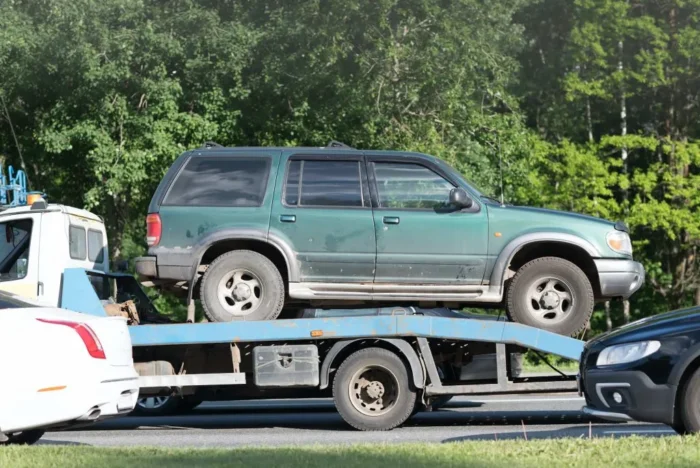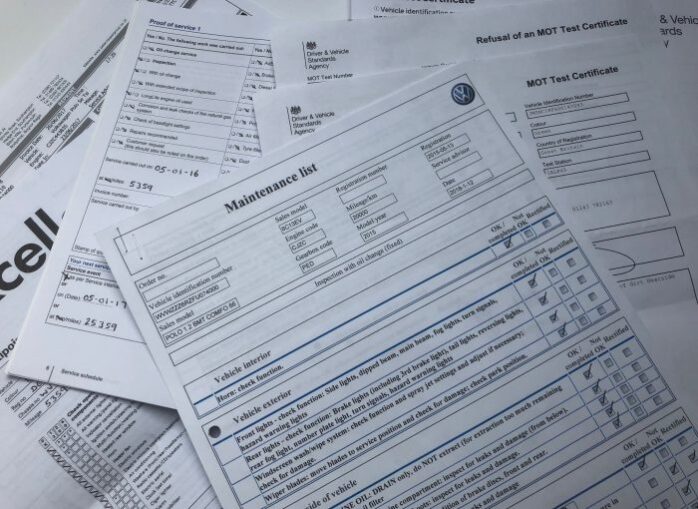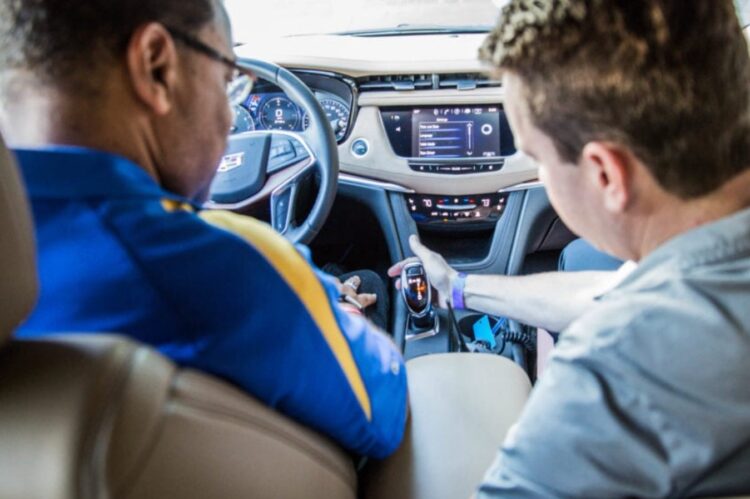
The journey to buying a car is filled with decisions, and opting for a certified pre-owned (CPO) vehicle brings its unique considerations. CPO cars, known for their blend of quality and value, require buyers to be well-informed.
This guide aims to arm you with the right questions, ensuring you navigate the complexities of purchasing a CPO car with confidence.
From understanding what a CPO car is, to finalizing the deal, each question you ask brings you closer to making a smart, informed choice.
What Is a Certified Pre-Owned Car?
A certified pre-owned car is not just any used vehicle. It’s one that has undergone a thorough inspection, refurbishment, and certification process, usually conducted by the manufacturer or an authorized dealer.
These vehicles often come with benefits like extended warranties and comprehensive service history, making them a reliable middle ground between new and standard used cars.
By choosing a CPO car, you’re not only investing in a vehicle that’s been rigorously checked for quality but also in one that offers additional peace of mind and long-term value.

Why Choose a Certified Pre-Owned Car?
The decision to opt for a CPO vehicle comes with a host of advantages. Firstly, CPO cars are typically less expensive than their new counterparts, making them an excellent choice for budget-conscious buyers.
Furthermore, these vehicles undergo rigorous inspections and are often refurbished to meet stringent standards. This ensures that you’re getting a car in excellent condition. The extended warranties that come with CPO cars provide an added layer of security, covering unexpected repairs and maintenance issues.
Additionally, many CPO programs offer special financing rates, further easing the financial burden and making them an attractive option for those seeking value and reliability.
Budget Considerations
When it comes to buying a CPO car, setting a realistic budget is crucial. Start by asking about the total cost, including any additional fees. Inquire about the financing options available, interest rates, and the terms of the loan. It’s also important to consider the car’s resale value and the depreciation rate.
Ask if there are any ongoing promotions or discounts that could apply to your purchase. Remember, a well-negotiated deal on a CPO car can lead to significant savings, so don’t hesitate to discuss price adjustments or special offers that the dealership may provide.

Vehicle History
Understanding the car’s history is vital in making an informed purchase, even when you’re dealing with professionals such as Bacliff auto-dealer union. Ask for a comprehensive report detailing previous ownership, accident history, and any major repairs or recalls.
This information can reveal a lot about the vehicle’s past use and condition, helping you gauge its reliability. Inquire if the car was a rental or lease return, as this can impact its wear and tear.
A clear understanding of the car’s history will not only give you peace of mind but also help in negotiating a fair price.
Warranty Details
Warranty coverage is a significant aspect of CPO cars. Inquire about the warranty’s duration, what components it covers, and if there’s any remaining factory warranty. Ask about the possibility of extending the warranty and at what cost.
It’s also essential to understand what the warranty does not cover and any actions that might void it. Clarifying these details ensures you’re not caught off guard by unexpected repair costs later on.
Inspection and Certification
The inspection and certification process is what sets CPO cars apart. Ask about the specifics of the inspection – what areas are checked, who performs it, and the standards that the vehicle must meet to be certified.
Request to see the inspection report and any refurbishments made. Understanding the depth of the inspection process can give you a clearer picture of the car’s condition and the thoroughness of the certification program.

Maintenance Records
Maintenance records are a testament to how well the car has been cared for. Ask for detailed records of all services and repairs performed on the vehicle. This will help you assess the car’s mechanical health and predict future maintenance needs.
It’s also a good indicator of whether the car has been maintained according to the manufacturer’s recommendations, which can affect its longevity and performance.
Vehicle’s Current Condition
Evaluating the car’s current condition is crucial. Ask about any visible issues or signs of wear, both inside and out. Inquire about the condition of tires, brakes, and other key components.
This is also the time to ask if the car has any aftermarket modifications, as these can affect the warranty and the car’s performance. A thorough understanding of the car’s current state will help you make an informed decision and negotiate appropriately.
Ownership Costs
Consider the ongoing costs associated with owning the car. Ask about the average fuel efficiency, insurance rates, and estimated maintenance costs. Understanding these expenses will help you calculate the total cost of ownership and ensure that the vehicle fits within your long-term budget.
It’s also wise to inquire about any common issues or recalls associated with the model, as this could impact future expenses.

Test Drive and Inspection
A test drive is essential to get a feel for the car. During the test drive, pay attention to the car’s handling, braking, and overall comfort. Listen for any unusual noises and observe the performance of the engine and transmission.
It’s also advisable to have the car inspected by an independent mechanic. This can reveal any underlying issues that might not be apparent during a standard test drive or inspection.
Finalizing the Deal
When finalizing the deal, negotiation is key. Ask if the price is negotiable and if there are any incentives or rebates available. Discuss the terms of the sale and ensure all your questions have been answered to your satisfaction.
Before signing any paperwork, review all documents carefully to ensure that all terms and conditions are clear and agreeable.

Conclusion
Buying a certified pre-owned car involves careful consideration and informed decision-making. By asking the right questions about cost, vehicle history, warranty, inspection, maintenance, current condition, ownership costs, and finalizing the deal, you can navigate the process with confidence.
Remember, a CPO car is not just a purchase; it’s an investment in your mobility and peace of mind. Use these questions as your guide to make a smart, well-informed choice in your car-buying journey.











